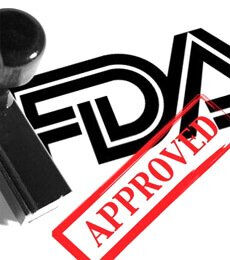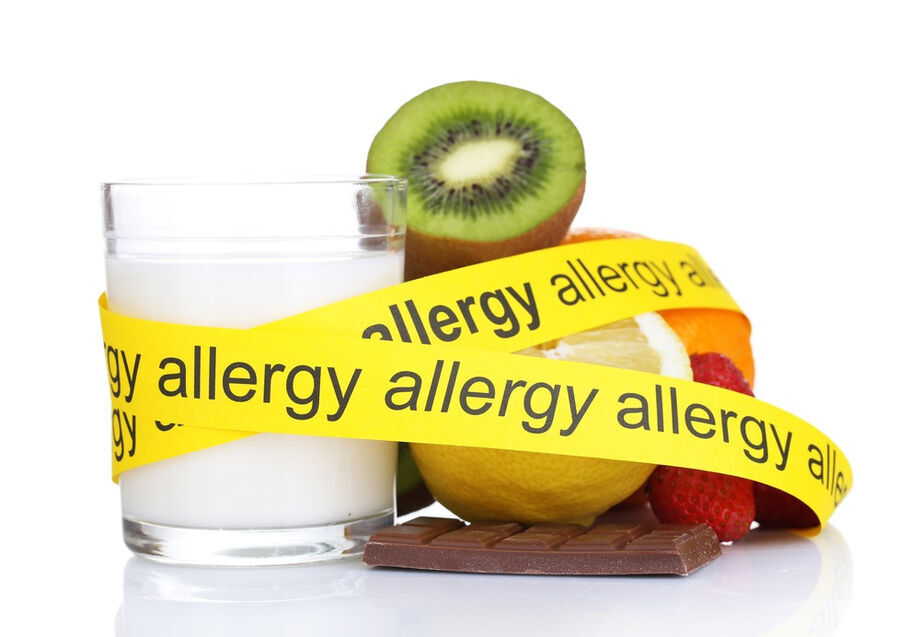New FDA allergen regulations for exporting food products to the U.S.
New measures are being introduced to ensure the safety of food or supplement products being imported into the U.S.
The Food and Drug Administration has announced revised guidelines for the evaluation of secondary food allergens contained in food and dietary supplements intended for sale in the United States. In the draft document, the FDA outlines the approach for assessing the risk level of allergens other than the eight major ones, which can cause severe reactions such as anaphylaxis. Currently, food allergens considered important to public health must be indicated on the label in a dedicated section: these are milk, eggs, fish, shellfish, nuts, wheat, peanuts, and soy.
Starting January 1, 2023, the FDA labeling regulations will undergo a major change in public health, as it will also become mandatory to report sesame on the label. However, the top nine food allergens are responsible for only a fraction of allergies in the United States, which are caused by at least 160 other substances. Therefore, it can be said that the new guidelines are part of the FDA's efforts to assess the hazardousness of unlisted allergens to help food manufacturers protect the health of American consumers.
Safety of food and supplement products intended for the U.S. market
The most dangerous food allergens for the health of U.S. consumers: New FDA guidelines
In the document, the Food and Drug Administration describes the process the agency will follow when asked to evaluate the public health significance of a food allergen not listed in the Food Labeling Guide. More specifically, the FDA will consider allergens that cause immunoglobin E (Ig-E) antibody-mediated allergies, the most severe. As for other risk situations, the evaluation will be on a case-by-case basis. The goal is to build an accurate body of information on allergic reactions experienced by consumers in the United States.
It should be specified that these guidelines only cover substances for which there is evidence of allergic reactions after ingestion, both in the U.S. and abroad. In contrast, substances that may prove to be new allergens in the future are excluded. This link provides guidelines on how to request an allergen evaluation of a supplement or food product intended for sale in the U.S.:
https://www.fda.gov/regulatory-information/search-fda-guidance-documents/draft-guidance-fda-staff-and-stakeholders-evaluating-public-health-importance-food-allergens-other

 (+1) 718-5225575
(+1) 718-5225575

